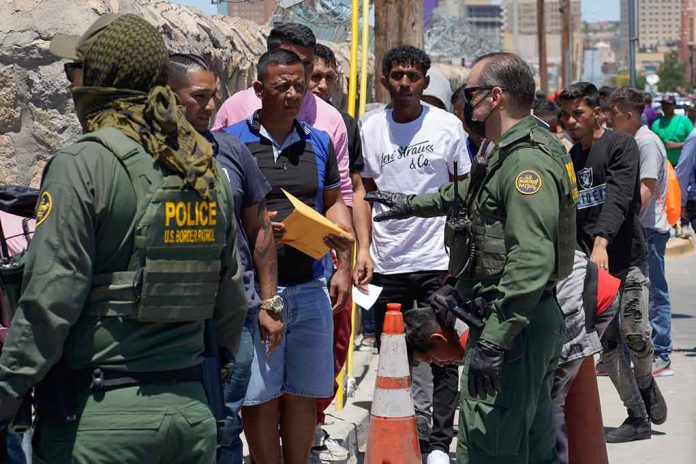
Buckle up for a wild ride through the murky waters of digital privacy at our borders! In a surprising twist that’s sure to ruffle some feathers, a federal court has just dropped a bombshell on our border agents’ ability to peek into your smartphones. But before you start cheering (or jeering), let’s dive into what this means for our national security and your personal freedoms. Grab your favorite beverage and settle in – this is one story you won’t want to miss!
Court Ruling Shakes Up Border Security Practices
A federal court in New York has made a groundbreaking decision that could change the landscape of border security. The ruling states that border agents can no longer search electronic devices without a warrant at John F. Kennedy International Airport. This decision directly challenges the previous practice where agents could search devices without any suspicion of wrongdoing.
“This ruling acknowledges that cellphones are fundamentally different from other physical items and that searching through them is a significant intrusion into personal privacy” – Scott Wilkens
The court’s decision recognizes the unique nature of electronic devices, particularly smartphones, which contain vast amounts of personal information. This ruling carefully balances law enforcement interests with individual privacy rights protected by the Constitution.
Advocacy Groups and Legal Precedents Shape the Decision
The Electronic Frontier Foundation (EFF) has been a long-standing advocate for requiring warrants for border searches of electronic devices. Their efforts, along with other advocacy groups, have played a crucial role in shaping this decision.
“Just as in Riley, the cell phone likely contains huge quantities of highly sensitive information—including copies of that person’s past communications, records of their physical movements, potential transaction histories, Internet browsing histories, medical details, and more … No traveler would reasonably expect to forfeit privacy interests in all this simply by carrying a cell phone when returning home from an international trip.” – Smith court
The court’s decision was heavily influenced by the 2014 Supreme Court case Riley v. California, which required warrants for cell phone searches of arrestees. This precedent set the stage for extending similar protections to border searches.
Implications for National Security and Individual Rights
The ruling carefully considers the balance between law enforcement interests and individual privacy rights. While some may argue that this decision could hamper border security efforts, advocates point out that obtaining a warrant can be a relatively quick process.
“Obtaining a warrant can be a quick process, sometimes taking only 10 to 15 minutes” – Scott Wilkens
Furthermore, the court acknowledged that stopping a cell phone at the border doesn’t necessarily stop data transfer due to internet and cloud storage capabilities. This recognition highlights the evolving nature of digital information and the need for updated legal frameworks.
Potential for Supreme Court Review
As this ruling may be subject to appeal, there’s a possibility it could reach the Supreme Court. The highest court in the land has not yet ruled on the applicability of the border search exception to digital devices, making this case potentially pivotal for future interpretations of the Fourth Amendment in the digital age.
“As the court recognizes, warrantless searches of electronic devices at the border are an unjustified intrusion into travelers’ private expressions, personal associations, and journalistic endeavors—activities the First and Fourth Amendments were designed to protect” – Scott Wilkens
The involvement of organizations like the Knight First Amendment Institute and the Reporters Committee for Freedom of the Press underscores the broader implications of this ruling, particularly for press freedom and First Amendment rights.













